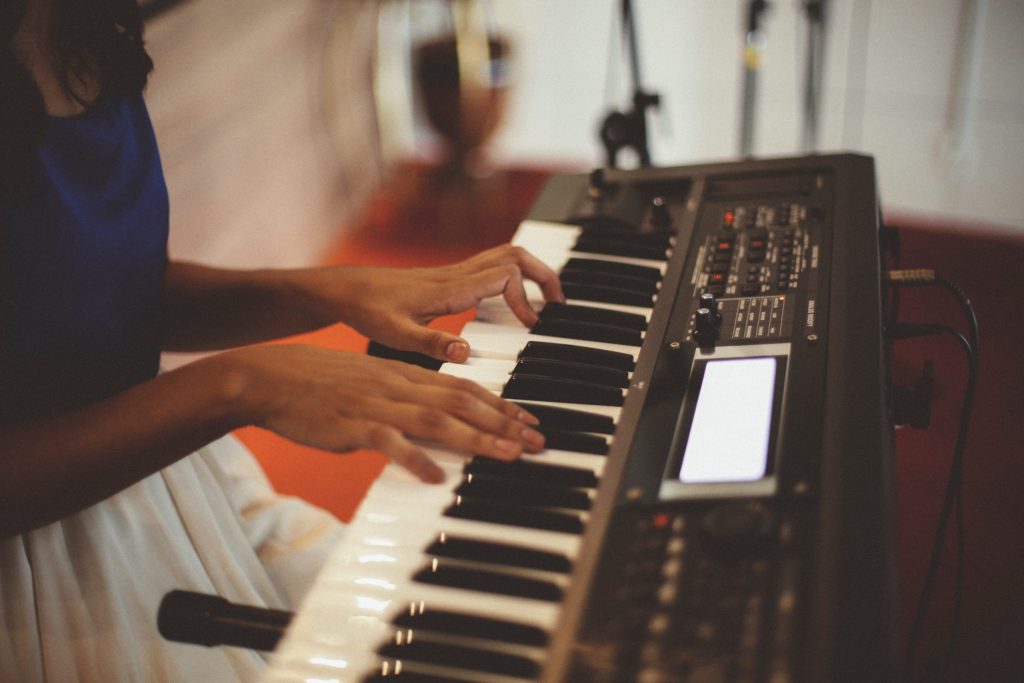Creating creativity: is arts education elitist?
15th April, 2018
by Bella Audsley
Students attending independent school are fortunate enough to benefit from some of the best arts facilities in the country, and yet the proportion of students taking creative GCSEs has been in dramatic decline since 2010 and is reaching its lowest figures in 10 years. While private schools are astutely aware of the appeal of art, music and drama- Eton College has three theatres and stages over 20 productions a year- the government’s funding and focus on creative subjects appears to be in demise. Despite the substantial £92 billion value of creative industries to the UK’s economy, all creative disciplines have been omitted from the EBaccalaureate, a government performance measure which focuses on a core set of academic GCSE subjects. Unless we can improve accessibility and appreciation of the arts, culture and creativity will continue to be a driving force of social inequality.

There are many misconceptions about creative subjects, namely that the arts require inherent talent and cannot be taught. It is also important to define what is understood by creativity; being creative is the skill to generate original ideas of value. It is possible to be a creative thinker without being a musical virtuoso or master draughtsman and this employable attribute should be encouraged and fostered across the curriculum in all schools. We should encourage children to be bold and stand out. Gerard Puccio, chair of the International Center for Studies in Creativity, advocates the power of generating ideas as a group. The school’s four key areas to spark creativity are “clarifying, ideating, developing and implementing. Clarifying is ensuring you’re asking the right question; ideating is about exploring as many solutions as possible; developing and implementing are making sure the idea is practical and convincing to others.” The promotion of creative group thinking is a valuable skill for all children’s futures, regardless of background.
Identifying the causes of this decline in GCSE choices for creative subjects, art, music and languages are often sidelined early on in the primary curriculum to make room for literacy, numeracy and test preparation. Schools face strong competition to achieve their reputation for impeccable academics. However, if children are denied the opportunity to learn and explore creativity at a young age, they will have little chance of making progress and honing talents in adolescence and adulthood.
In our data-led education system, the difficulty is that the benefits of arts subjects prove difficult to measure through standardised tests and league tables. The government’s outdated perspective risks creating an elitist gulf in the arts world, at the cost of our country’s cultural industries and our children’s personal development.
While the government continues to invest in Science, Technology, Engineering and Mathematics (STEM), we should ensure that the creation of creative individuals does not get left behind. After all, for every £1 invested in subsidy for this sector the government gets £5 returned in taxes, which is more than the automotive, oil, gas, aerospace and life science industries combined. Whatever the motives may be, the arts play a valuable role in society in more ways than one. Independent schools may lead the way but hopefully in years to come we will have a cultural heritage which reflects all members of society – and one that we can be proud of.